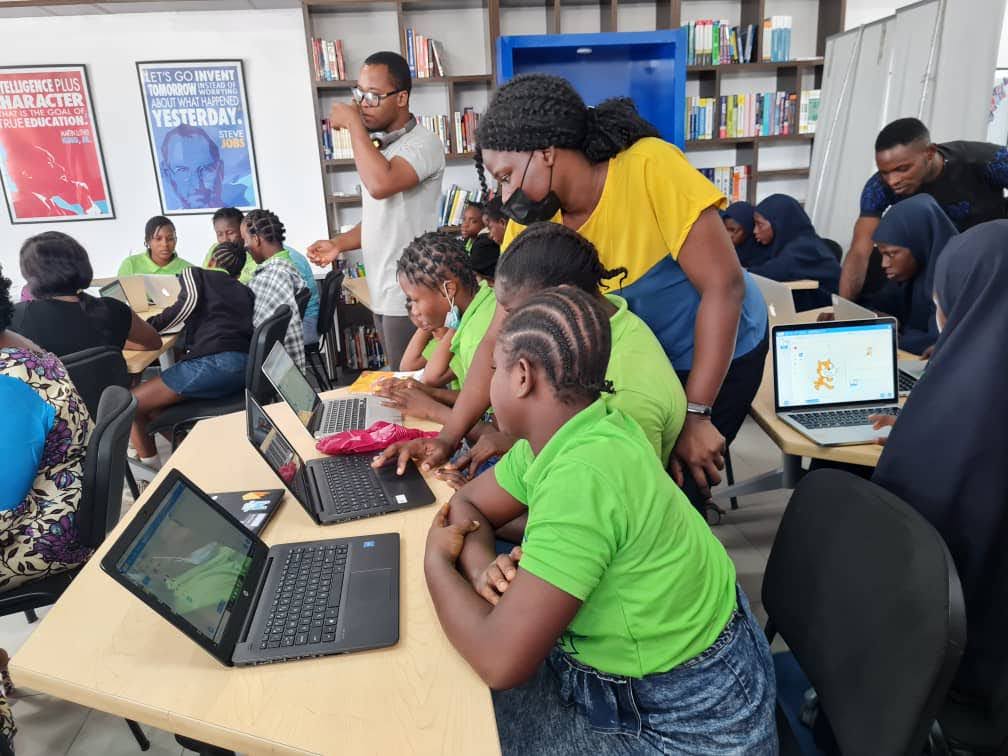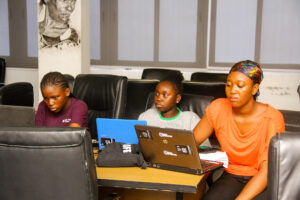In today’s rapidly evolving world, the relationship between skill and education has undergone a significant transformation. The digital age has brought about a paradigm shift in the way we acquire knowledge and develop the skills necessary to thrive in various professional domains. As technology continues to reshape industries and create new opportunities, the intersection of skill and education has become more crucial than ever. In this article, we will explore the changing dynamics of skill and education, and how individuals can navigate this landscape to succeed in the digital era.
The Rise of Digital Skills
The digital revolution has given rise to a new set of skills that are in high demand across various sectors. Proficiency in areas such as data analytics, coding, digital marketing, and cybersecurity has become increasingly valuable in today’s job market. As technology continues to permeate every aspect of our lives, individuals with a strong foundation in digital skills are better positioned to adapt to the changing landscape of work.
Moreover, the emergence of automation and artificial intelligence has led to a growing emphasis on skills that are uniquely human, such as critical thinking, problem-solving, creativity, and emotional intelligence. Education and training programs are now placing a greater emphasis on developing these “soft skills” alongside technical competencies, recognizing their importance in fostering well-rounded professionals who can thrive in a dynamic and complex environment.
The Role of Education in Fostering Skills
Traditional educational institutions are adapting to the demands of the digital age by integrating technology into their curricula and offering specialized programs that cater to emerging skill requirements. However, the concept of education has expanded beyond the confines of formal institutions. Online learning platforms, coding boot camps, and Massive Open Online Courses (MOOCs) have democratized access to education, allowing individuals to acquire new skills and knowledge from anywhere in the world.
Furthermore, the concept of lifelong learning has gained traction, emphasizing the need for continuous skill development throughout one’s career. Professionals are encouraged to engage in ongoing education and upskilling to remain competitive in the job market and stay abreast of technological advancements.
Navigating the Convergence of Skill and Education
In navigating the evolving landscape of skill and education, individuals must adopt a proactive approach to their professional development. This involves identifying the skills that are in high demand within their respective industries and seeking out opportunities to acquire or enhance these competencies. Whether through formal education, online courses, mentorship, or practical experience, individuals can take charge of their skill development to remain relevant and adaptable in the digital age.
Moreover, cultivating a growth mindset is essential in embracing the convergence of skill and education. The willingness to learn, unlearn, and relearn is critical in an environment where technological innovation continually reshapes the professional landscape. By maintaining an open attitude towards acquiring new skills and knowledge, individuals can position themselves for success in an ever-changing job market.
In conclusion, the evolving relationship between skill and education in the digital age presents both challenges and opportunities for individuals seeking to thrive in their careers. By recognizing the importance of digital skills, embracing lifelong learning, and remaining adaptable in the face of technological advancements, individuals can navigate this landscape with confidence. Ultimately, the convergence of skill and education underscores the need for a proactive and agile approach to professional development, ensuring that individuals remain competitive and well-equipped to succeed in a rapidly changing world.
Rubies Code School provides private coding classes for kids. Visit www.rubiestech.org/pcc or call 07015016330



